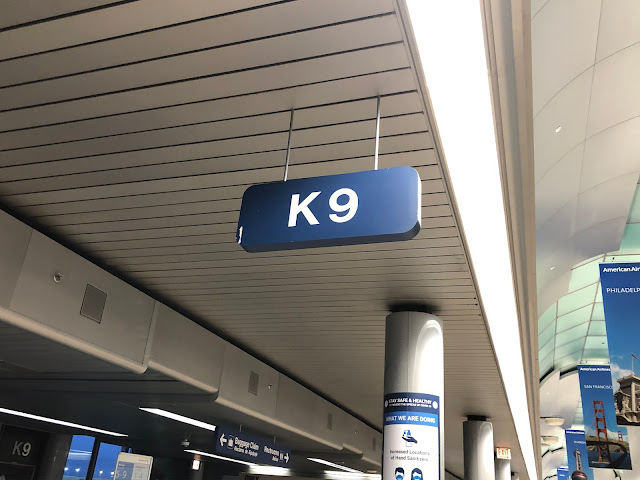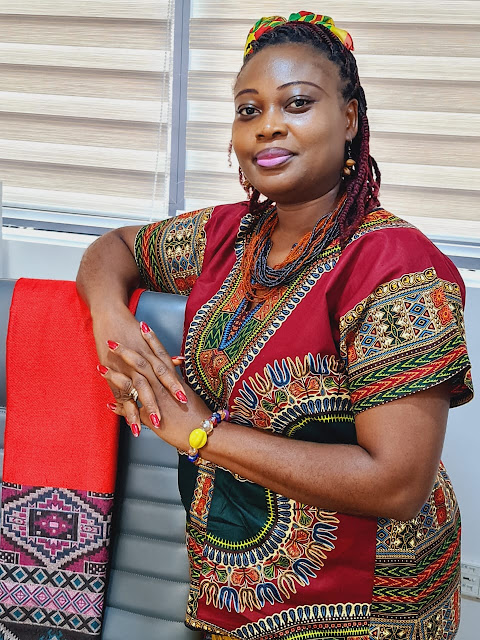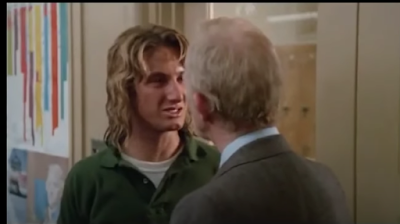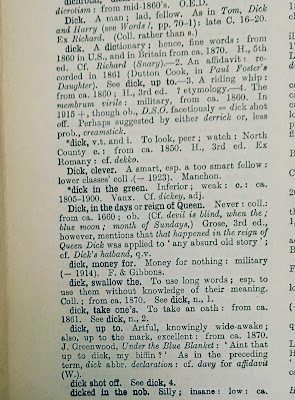When I first heard that someone had spent $10 million to locate the wreck of the Endurance, Ernest Shackleton's famed ship, on the bottom of the Weddell Sea since 1915, I couldn't understand why someone would go to the trouble. They can't salvage the wreck—by law a historic site—but only take pictures, using submersible drones. And the photos from the Endurance, taken from glass plate negatives, are some of the most haunting and beautiful in the history of exploration. How to improve on that? Then I saw the video. Astounding—you can read the name on the stern, see the wheel, all preserved in the frigid Antarctic waters. It's money well-spent, if you've got it, and reminded me of when I first encountered Alfred Lansing's classic book, back when there were independent bookstores on Michigan Avenue, and in the Loop, and people actually went downtown and visited them.
The most thrilling book I ever read in my entire life was placed into my hands by Adam Brent. This was years ago, back when he was working at his father's famous bookstore on Michigan Avenue. I had gone in looking for books about Mt. Everest, and this young guy, whom I had never met before, suggested I might enjoy Endurance, by Alfred Lansing, the tale of Shackleton's star-crossed voyage to the South Pole. "Enjoy" was too weak a term--it is the sort of book that you not only read while walking, but walk into walls while reading and don't care.
What young Brent did is called "hand selling." It is not the sort of thing mega-bookstores do well, but rather the personal alchemy that cleaves a certain group of people to independent booksellers, permitting us to patronize stores even if they don't also sell coffee and stuffed animals, and makes us fret over their futures like a worried mother hen.
His dad's store, Stuart Brent Books, went out of business in 1996. And while I disapproved of the shriek of moral outrage that Stuart Brent emitted when he went under—a bookstore is still a business, after all, and ya gotta make money, cultural landmark or no—I was sorry to see him go, and rooted for his son, glad that he is trying to keep the Brent name alive in Chicago.
Adam Brent has two stores, one in the Loop on Washington Street and another newly opened in Highland Park. He tried to make it on Michigan Avenue, in the commercial kill zone south of the river, but was quickly driven out of business there, which made me worry about his Washington store. I quick march by there nearly every day, hurrying to and from the train. When I have a moment I stop in to buy books or shoot the breeze with Brent, 37, who is the antithesis of his father, personality-wise--subdued and pleasant with none of the chest-thumping that, to be frank, did not make his dad universally beloved.
"I don't think I'm really as outspoken as my father," said Adam, as we sat on folding chairs in his store. "Give me another 10 years."
My plan was to bring out the violin and play a sad song of Brent desperately trying to copy his father's success while gazing at an empty store. It always seemed I was the only customer in the place. But the truth turned out to be that 9 a.m. and 5 p.m. are not peak business hours. Despite a downturn in the industry, he says he's doing great.
"This store gets mobbed," said Brent. "Lots of office workers have been coming for years--it's part of their ritual."
After Sept. 11, Brent worried that books would be one of the luxuries people crossed off their lists.
"I thought I was going to be roasted," he said. But it turned out that the opposite occurred--people suddenly craved information, and titles that slumbered for years, becalmed on the backlist, suddenly were in demand--books about Islam, about terrorism, about Afghanistan.
"One of the most amazing things about the book business is that, in times of crisis, one of the best places you can go is a bookstore," he said. "We are repositories for the knowledge of a civilization."
I had assumed that Brent Books came out of the demise of his father's store, but actually it is a phoenix risen from the ashes of another grand old Chicago icon, Kroch's & Brentano's.
"When Kroch's went bankrupt, I saw a vacuum," said Brent, who bought the shelves and fixtures from Kroch's La Salle Street store. "I talked it over with my dad and a potential investor."
I'm fascinated by men who go into their fathers' professions. My father was a physicist, which killed off any interest I might have in science. As an outside observer, I would have guessed that having Stuart Brent for a dad would inspire a person to become a longshoreman. But Adam Brent says that his own quiet demeanor meshed well with his father's—"My dad and I never clashed," he said--and the passing years have only increased his admiration.
"I'm in awe of what he was able to build," he said.
That sounded swell, but I couldn't resist phoning Stuart Brent to get his version. At age 89, he has lost none of his leonine pride or reflexive verbosity. Barely had I introduced myself and my topic, when he said:
"Considering the tragic consequences of a culture that is in a terrible situation, he's staying alive primarily, I think, because I taught him that if he gives a valentine to everyone who comes in he can make it."
In a brief talk, Brent managed to call his old shop both "the greatest bookstore in the past 50 years in this country" and "the most precious" cultural landmark on Michigan Avenue, quite a statement considering that the Art Institute and Symphony Center are just down the street.
But give Stuart Brent credit. When it comes to his son, his legendary self-regard dissolves, replaced by the most admirable paternal pride.
"I'm very proud of him," said Stuart Brent. "The boy has done a magnificent job. There's absolutely no money in bookselling. It's a disaster—the very last thing a boy would want to spend his life on, selling books. But as a child, he was thrilled with the idea of books. Totally committed. There was a magic in the way he behaved, and I told him that, unfortunately, he was not doomed to be a great stockbroker or a brilliant journalist, but to try to help others get the value and the beauty to be found in the written word. I told him to 'keep that independence of spirit, and that smile, and believe me, Adam, you'll make it.' "
—Originally published in the Sun-Times, Dec. 21, 2001







